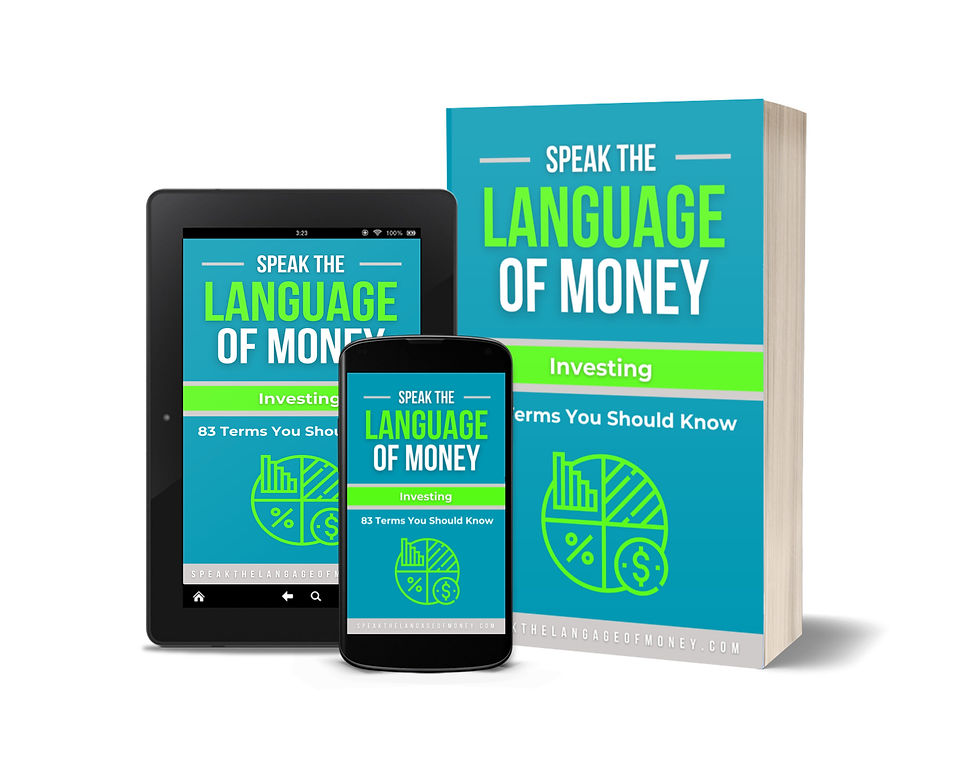Financial Word of the Day: Common Stock
- Larry Jones

- Aug 13, 2025
- 2 min read
Updated: Sep 25, 2025

If you’ve ever heard someone say they “own stock in a company,” chances are they’re talking about common stock—the most familiar type of ownership an investor can have in a business.
Definition of Common Stock
Common stock represents ownership in a company. When you buy common stock, you’re essentially buying a small slice of that business. As a shareholder, you’re entitled to a portion of the company’s profits (usually in the form of dividends if paid), and you have voting rights to help elect the board of directors or vote on major company decisions.
Think of common stock as your seat at the table—albeit maybe at the back if you only own a few shares.
Key Features of Common Stock
Ownership: You’re a part-owner in the company.
Voting Rights: Typically, one vote per share to help influence corporate policy.
Dividends: If the company does well and pays dividends, you may receive a share of the profits.
Capital Appreciation: You make money when the stock price increases and you sell at a profit.
Last in Line: If the company goes bankrupt, common stockholders get paid after creditors and preferred shareholders—if there’s anything left at all.
Real-Life Conversation Example
Friend: “I just bought 50 shares of Apple.”You: “Nice! That’s common stock, right?”
Friend: “Yep. I’m betting on their next iPhone doing big numbers.”
This is a classic scenario. Your friend is hoping for capital appreciation—buy low, sell high. Maybe they’ll get a dividend, too.
Why Common Stock Matters to You
Understanding common stock is foundational to becoming financially savvy. It’s the entry point for many into investing and building long-term wealth. Most retirement accounts (like 401(k)s and IRAs) include mutual funds and ETFs that are packed with common stocks.
Even better, common stock is one of the few ways the average person can invest in—and benefit from—the growth of some of the world’s largest companies.
How Common Stock Can Create More Money
Let’s say you bought 100 shares of a company at $20 each—$2,000 total. If that company grows and the stock price jumps to $40 per share, your investment is now worth $4,000. That’s a 100% return.
And if that same stock pays a $1 per share annual dividend? That’s $100 in your pocket every year—passively.
Quick Word of Caution
Common stock can be a great wealth-builder, but it comes with risk. Prices go up and down. Diversification and a long-term mindset are key.
Bottom Line
Common stock is your ticket to company ownership and long-term wealth. Learn it. Leverage it. Let it grow.






Comments